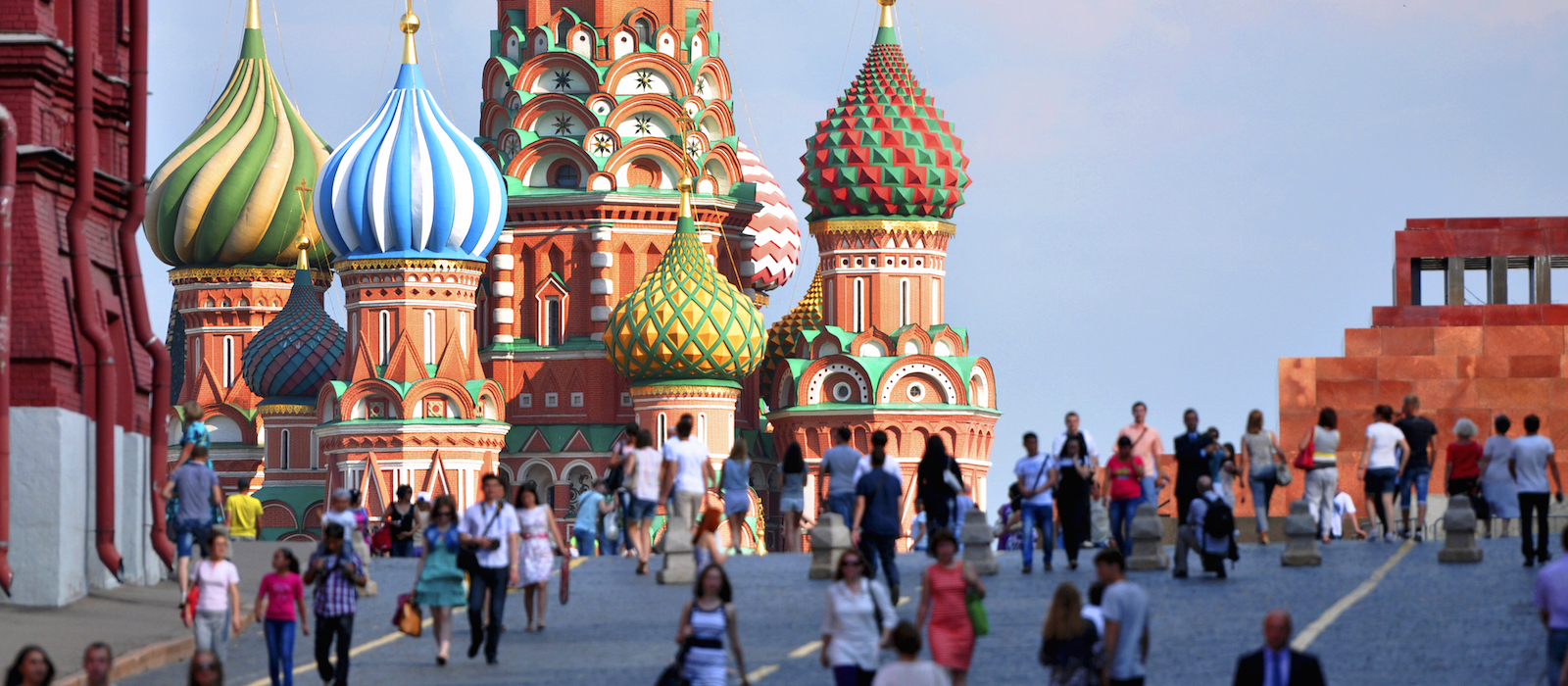| Course Code | RUSS | |
| Contact | slals@cunet.carleton.ca | |
| Levels Offered | 1st, 2nd, 3rd, 4th year | Full course list * |
| Minor Available | Yes | More details |
| Placement Test | Required for students with previous knowledge | More details |
| * Not all courses are offered every term. Please check Carleton Central and/or the Public Class Schedule for course availability. | ||
Why you should study Russian
Every January 19th, people all over Russia cut holes in frozen rivers and lakes and take a quick cleansing plunge. Then they have tea, honey, and cake on the riverbank or relax in a “banya” (Russian sauna). Okay so our classes are not exactly like that, but studying Russian can definitely be a stimulating experience.
Russian courses at Carleton are challenging and rewarding. In addition to emphasizing language structures, vocabulary acquisition, and pronunciation, classes may include cultural activities, singing, communicative group work, and writing practice with Cyrillic characters.
Having the ability to speak Russian can open doors to many cultural and occupational opportunities in the fields of international affairs, security, arts and culture, engineering, and global business.
Also, Russia has undergone (and continues to undergo) dramatic changes in the years since the fall of the Berlin Wall. Liberalization of the economy, the 2014 Sochi Olympics, trade sanctions, the fluctuation of gas and oil prices, and the ongoing conflict in Ukraine are all shaping and reshaping the face of an evolving Russia and its role in world affairs.
The issues at play are complex and addressing them today (and tomorrow) will require qualified specialists with an understanding of not only these issues but also of the differing viewpoints that each stakeholder group brings to the table. Having the ability to speak and listen in Russian will be a definite asset to those of you who choose to find yourself a seat at this table.
About the Language
Russian is a member of the Indo-European language family and is written using the Cyrillic characters. The Cyrillic alphabet has 33 characters including 21 consonants, 10 vowels, and 2 sign characters that do not have sounds of their own. It looks like this:
А а / Б б / В в / Г г / Д д / Е е / Ё ё / Ж ж / З з / И и / Й й / К к / Л л / М м / Н н / О о / П п / Р р / С с / Т т / У у / Ф ф / Х х / Ц ц / Ч ч / Ш ш / Щ щ / ъ / ы / ь / Э э / Ю ю / Я я
Russian is the most widely spoken Slavic language in Eurasia and has more than 250 million speakers worldwide (Ethnologue, 2012). It is the official language of Russia, Belarus, Kazakhstan, & Kyrgyzstan and is widely spoken in more than ten countries of the former Soviet Union.
Also, Russian is:
- one of the six official languages of the United Nations
- the language of literary giants like Aleksandr Pushkin, Gogol, Leo Tolstoy, Fyodor Dostoyevsky, and Anton Chekhov
- mother tongue of composers Tchaikovsky, Rahmaninov and Stravinsky, and artists Repin, Aivazovskii and Chagal.
Registration Information
Space in language courses is limited. Register as early as possible. If the course is full when you attempt to register, please submit a Course Registration Override Request or, if applicable, add your name to a waitlist on Carleton Central. Click here to learn more about how waitlisting works.
